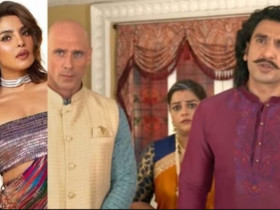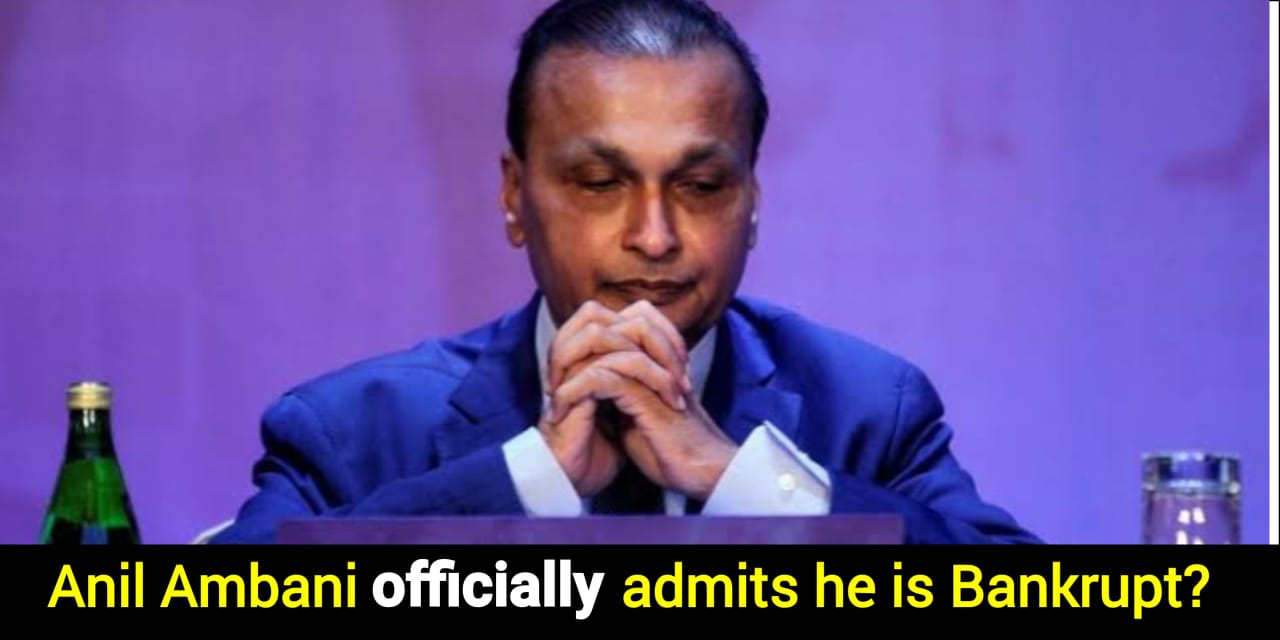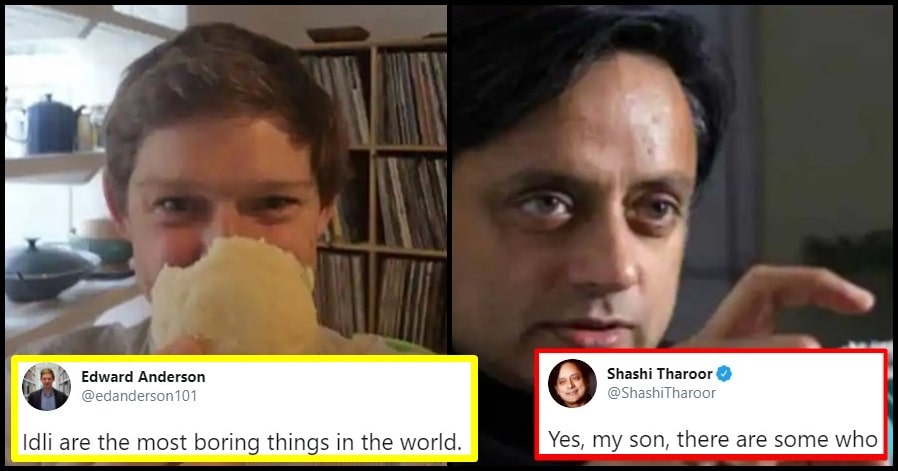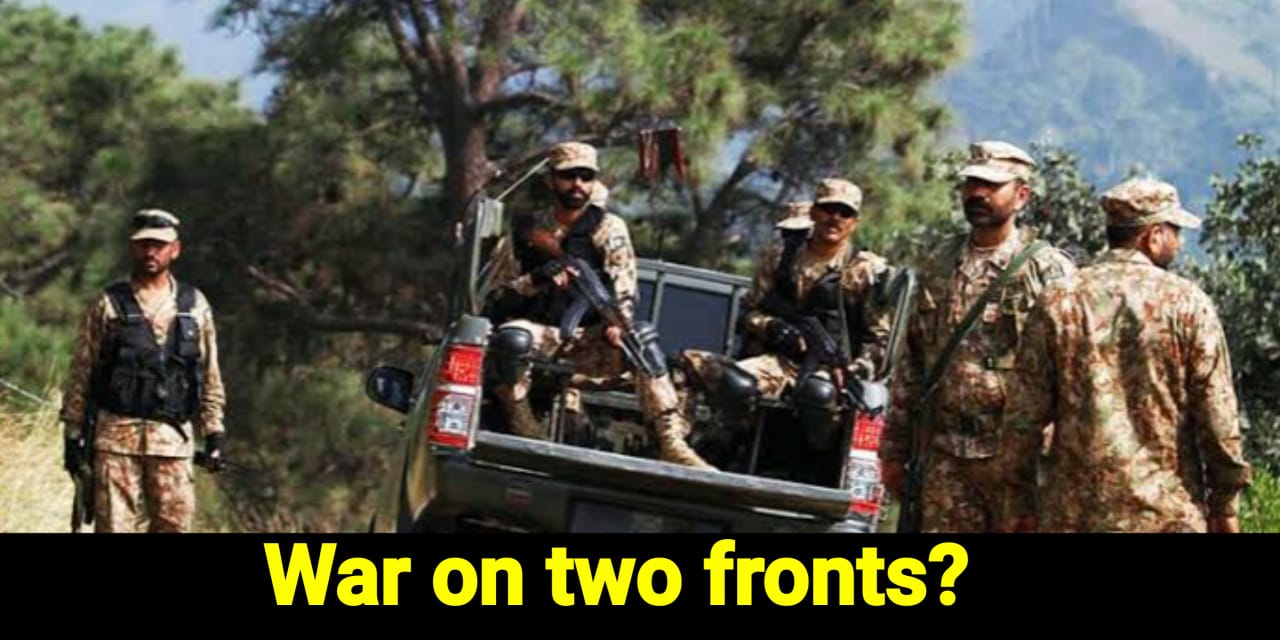No products in the cart.
Indian Brains build Software that helps patients when Doctor is unavailable, let’s praise them
Two Indian college students- Shivanshu Mathur and Raghav Jain who are currently pursuing their BTech in Computer Science Engineering at Lovely Professional University shot to prominence as they bagged the second prize at the NEC India Hackathon 2019 organized by HackerEarth.
They have received a cash prize of Rs. 1.5 lakh for developing a new software ‘Medikare’. It is cognisance of the fact that it is hard to find a doctor or hospital in a remote rural area. If the software that they developed can be adjusted, it could be a game-changer as it could revolutionize the state of public healthcare in rural India.
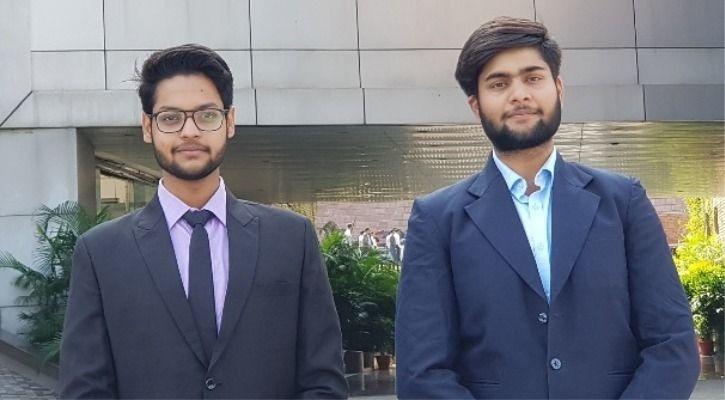
To elaborate in detail, Medikare is nothing but an artificial intelligence software that can even replace a doctor in the diagnosis phase. Yes, you read it right. It uses its machine learning algorithms to analyse the symptoms what a patient has, including the reports of any medical tests they can provide, and figure out what illness people may be suffering from. To put it in simple terms, it is an automated diagnostician for when you don’t have access to a human one.
In remote locations where there are no doctors, this could provide the much-needed assistance to the people in the need of the hour. However, the software would require a person with technical knowledge of how to operate the system.
Even in the presence of doctors, Medikare can help speed things along. Especially, if there is only one doctor for a few hundred people for example, this could ensure that diagnosis is made much faster, so the doctor can get the prescribing treatments for the patients, without them having to wait in queue for days just to see a medical professional.
“The doctor-patient ratio in India is less than desired,” Shivanshu Mathur added. “On top of it, a considerable amount of a doctor’s time goes in basic diagnosis. With our solution, all this time can be saved and be used for treating more patients while the technology takes care of diagnosis. I would love to work towards building a solution like this.”
Mathur and Jain were two of 731 contestants participating in this two-month-long Hackathon from some of India’s top universities. The teams in the final round also had to build a working prototype. “For a country like ours, marrying technology to medicine is imperative,” said Raghav Jain. “What is also interesting is the role of data analytics and machine learning, a technology that in one instance can be used to sell more credit cards, while in the other instance can actually help save lives!”





